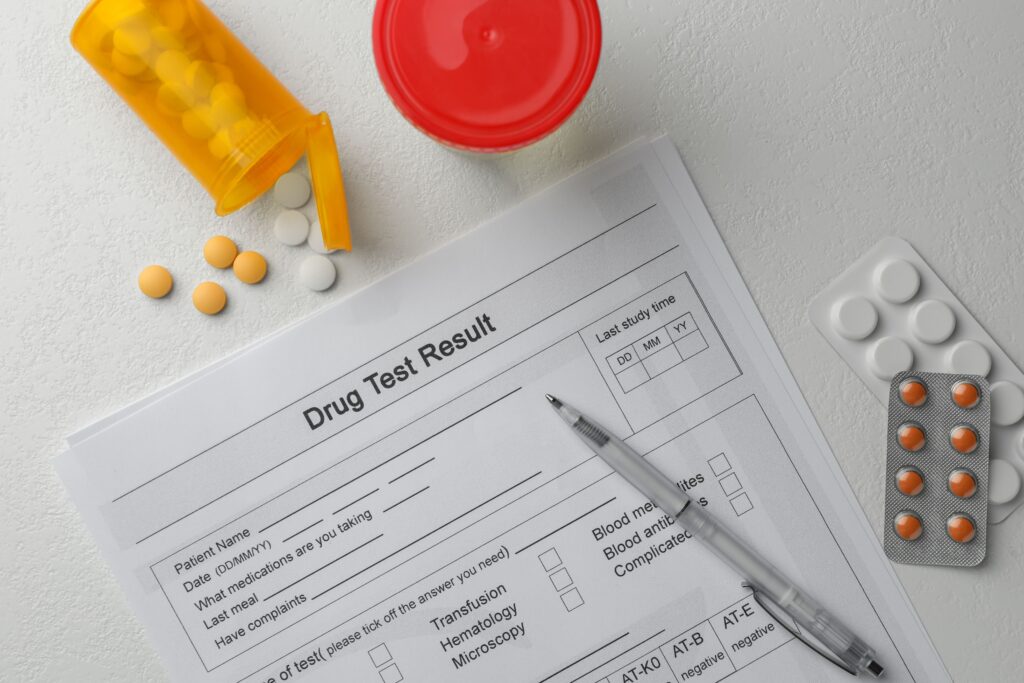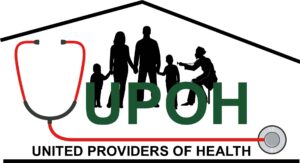
Drug Tests: Understanding Types, Uses, and Implications
Drug testing has become a common practice in various spheres of life, from employment screenings to athletic competitions. While the concept of drug testing might seem straightforward, there’s a lot more to it than meets the eye. In this comprehensive guide, we’ll delve into the world of drug tests, exploring the different types, their uses, and the implications they carry.
Types of Drug Tests
Urine tests are among the most common methods of drug testing. They detect the presence of drugs or their metabolites in the urine. These tests are relatively non-invasive, easy to administer, and can detect a wide range of substances. However, they have limitations, such as the potential for tampering and the inability to detect recent drug use accurately.
Blood tests provide a more accurate and precise measure of drug use compared to urine tests. They can detect the presence of drugs in the bloodstream, offering insights into recent drug use. Blood tests are often used in situations where immediate and accurate results are crucial, such as in accidents or suspected cases of impairment.
Hair tests involve analyzing a small sample of hair follicles for traces of drugs. These tests can provide a longer detection window, sometimes spanning several months, making them useful for detecting long-term drug use. However, they are less effective in detecting recent drug use compared to urine or blood tests.
Saliva tests are gaining popularity due to their non-invasive nature and ease of administration. These tests can detect the presence of drugs in saliva, offering insights into recent drug use. While they have a shorter detection window compared to urine or hair tests, they are still effective in detecting recent drug use.
Uses of Drug Tests
Many employers require drug tests as part of the hiring process to ensure a safe and productive work environment. Drug tests help employers identify potential substance abuse issues among employees and mitigate workplace risks.
Drug testing is prevalent in sports and athletics to maintain fairness and integrity in competitions. Athletes are often subjected to random drug tests to deter the use of performance-enhancing substances and maintain a level playing field.
Drug tests play a crucial role in law enforcement investigations, particularly in cases involving suspected drug offenses or impaired driving. These tests provide objective evidence of drug use, aiding in legal proceedings and ensuring justice is served.
Implications of Drug Tests
Drug testing raises concerns about privacy and individual rights, particularly in the context of employment screenings. Balancing the need for a safe work environment with respect for employees’ privacy rights is a delicate issue that requires careful consideration.
Drug tests are not infallible and can yield false positive or false negative results. False positives can have serious consequences, leading to unjustified accusations or disciplinary actions. Likewise, false negatives can result in overlooking substance abuse issues, posing risks to individuals and organizations.
Drug testing can contribute to stigma and discrimination against individuals with a history of substance abuse. Employers or organizations may harbor biases against individuals who test positive for drugs, even if their drug use does not impair their performance or behavior.
Conclusion
Drug testing is a complex and multifaceted practice with significant implications for individuals and society as a whole. While it serves important purposes such as promoting safety, fairness, and accountability, it also raises ethical, legal, and privacy concerns. Understanding the different types of drug tests, their uses, and the implications they carry is essential for navigating this evolving landscape responsibly. Ultimately, striking a balance between promoting safety and respecting individual rights is key to ensuring the effectiveness and fairness of drug testing practices.
Interested in getting a drug test? United Providers of Health (UPOH) offers comprehensive drug testing services for individuals. Contact us today to learn more about how we can assist you.
Sources:
Drug Testing Resources. SAMHSA. (2024, February 27). https://www.samhsa.gov/workplace/drug-testing-resources#:~:text=Types%20of%20Drug%20Tests&text=Urine%2C%20hair%2C%20saliva%20(oral,inclusion%20of%20oral%20fluid%20specimens.
Illinois Criminal Justice Information Authority. ICJIA. (2020, January 23). https://icjia.illinois.gov/researchhub/articles/drug-testing-in-community-corrections-a-review-of-the-literature
McNeil SE, Chen RJ, Cogburn M. Drug Testing. [Updated 2023 Jul 29]. In: StatPearls [Internet]. Treasure Island (FL): StatPearls Publishing; 2024 Jan-. Available from: https://www.ncbi.nlm.nih.gov/books/NBK459334/
U.S. National Library of Medicine. (n.d.). Drug testing: Medlineplus medical test. MedlinePlus. https://medlineplus.gov/lab-tests/drug-testing/
